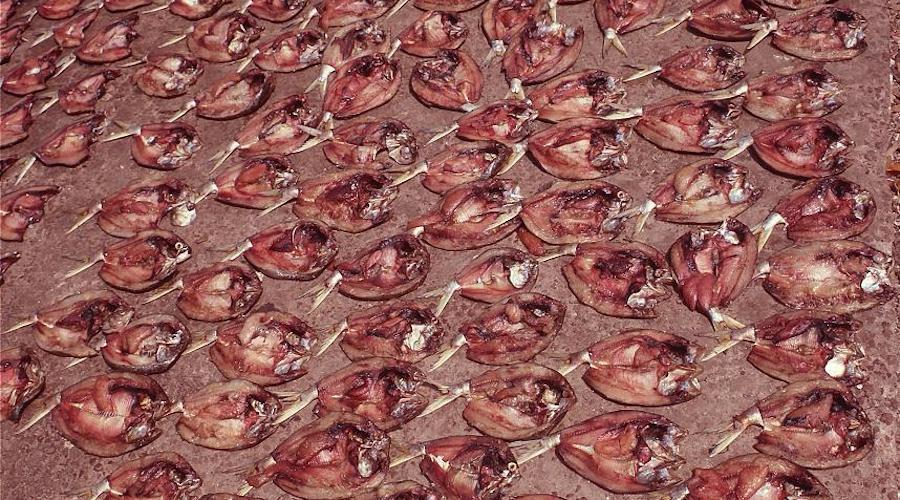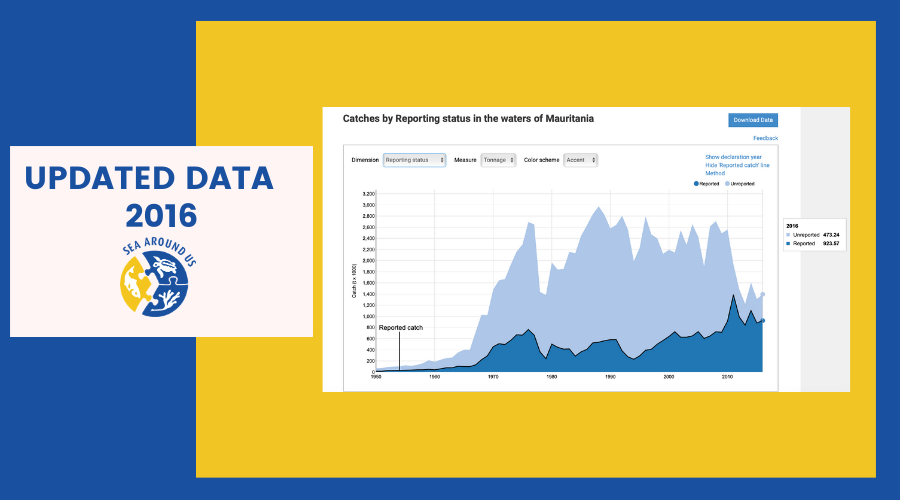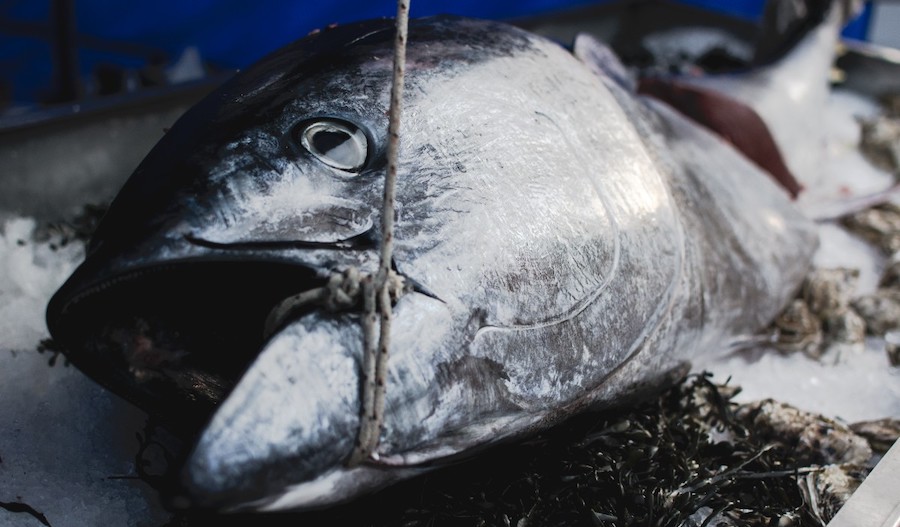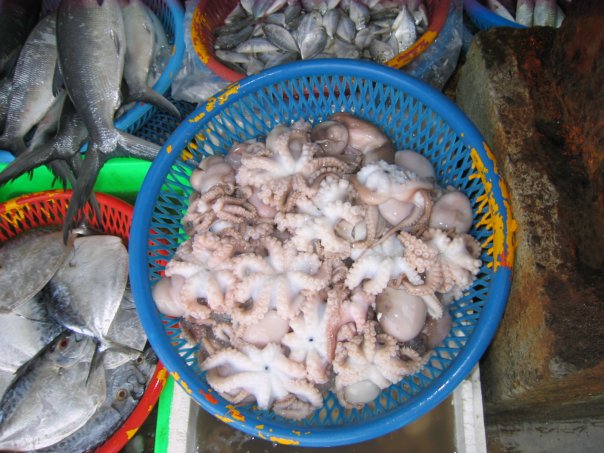November 21st marks World Fisheries Day.
According to the Institute for Fisheries Resources, this day has been celebrated since November 21st, 1997, when the World Fisheries Forum (WFF) was officially established in New Delhi, India. This non-profit organization is now known as the World Forum of Fish Harvesters and Fishworkers.









